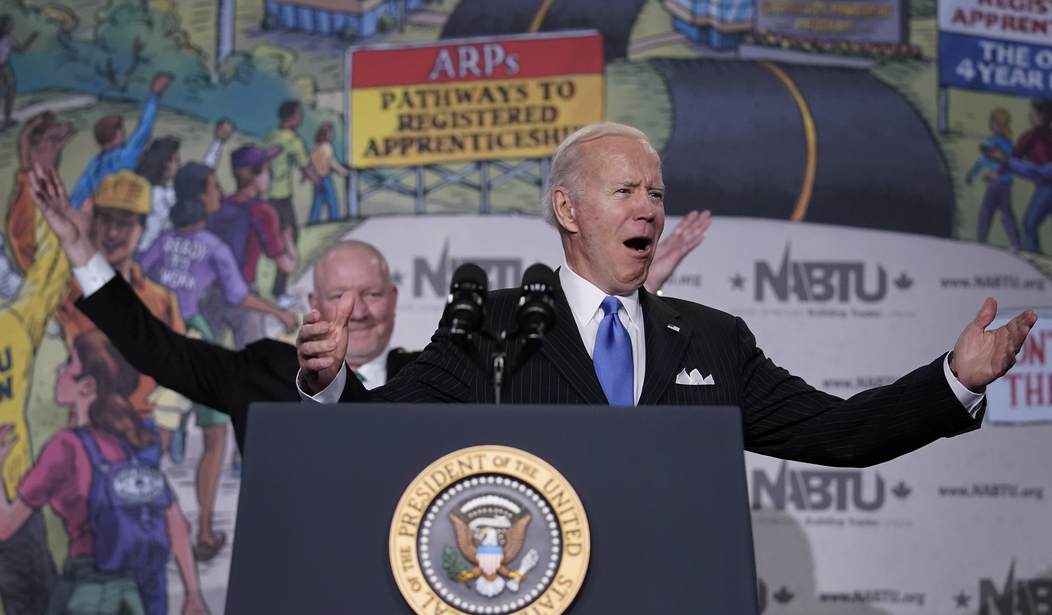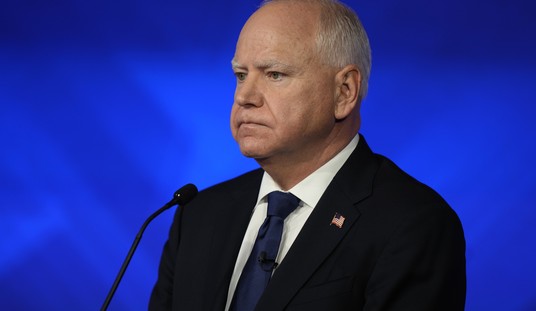Monday is Labor Day. Will you celebrate unions?
The media does. "Unions are cool again," reports CBS News. They suggest unionization is booming.
"Reporters" practically cheered when a Starbucks in Buffalo, New York, became the first Starbucks to unionize. "A big symbolic win for labor," The New York Times called it.
Since then, more than 180 Starbucks voted to unionize, and 300 filed for union elections.
Starbucks already offers better benefits than many companies: health benefits, even for part-time workers, free college tuition, maternity leave and more. Their minimum wage is $17/hour. But activists want more.
Apple Store employees and Google workers are also starting unionization efforts. In the first half of 2022, union election petitions increased by 57%.
They have political support. President Joe Biden promised he'd be "the most pro-union president you've ever seen," and he probably has been. He supports the PRO Act, which would override state right-to-work laws and fine employers that fire workers for trying to unionize.
The Washington Post claims there is a "wave of labor activism sweeping the country."
But despite all political support and media hype, unionization is down.
Unionization did increase during the pandemic but fell as the pandemic waned. In 2021, 15.8 million workers were represented by a union, a decline of half a million since 2019.
There are many reasons.
The Janus Supreme Court decision in 2018 declared it unconstitutional to force government workers to pay union dues. Now 28 states no longer force any workers to pay union dues. That's a good thing. No one should be forced to join groups they don't want to join.
Recommended
In 1973, when I first went to work for CBS, I was forced to join AFTRA, the American Federation of Television and Radio Artists. I didn't want to. I didn't want to pay dues to a union that didn't appear to do much, but I had no choice.
At work, I saw how union rules routinely slowed work down -- sometimes in ridiculous ways. I couldn't just press a button and watch a video. I had to find a union editor and ask him to press the button.
One reason Fox News grew faster than CBS, NBC and ABC's news operations is that non-union Fox is more flexible. They are able to try new things. They didn't have to obey all the stupid rules.
This is another reason why the number of union workers has declined. Union rules limit their employers' ability to change, adapt and grow.
Non-union Toyota and Honda outgrew unionized companies like General Motors. They hired more people, created more jobs. That was good for labor, just not unionized labor.
Unionization helps some. But it hurts more.
Some GM workers got higher pay and more time off. But lots of potential workers never got a chance. Toyota and Honda helped more people simply by growing faster.
Today activists claim unions built the middle class. Without unions, they say, there would be no weekend and no eight-hour day.
But that's not true.
Workers' lives improved in America mostly because of competition, not union rules. Competition is what does the most for workers.
In 1914, Henry Ford doubled his employees' wages to $5 a day and cut their workday to eight hours. People claim he was forced to do it by union pressure. That's a myth. He did it because his company had high turnover. Raising wages helped him keep good workers.
Free market competition forces everyone to do better. What workers need is not a union's rigid rules, but competition.
Today there's lots of competition for workers. It's driven companies like Costco to offer a $17-an-hour starting wage.
Unions help some, but a free market helps more.
























Join the conversation as a VIP Member